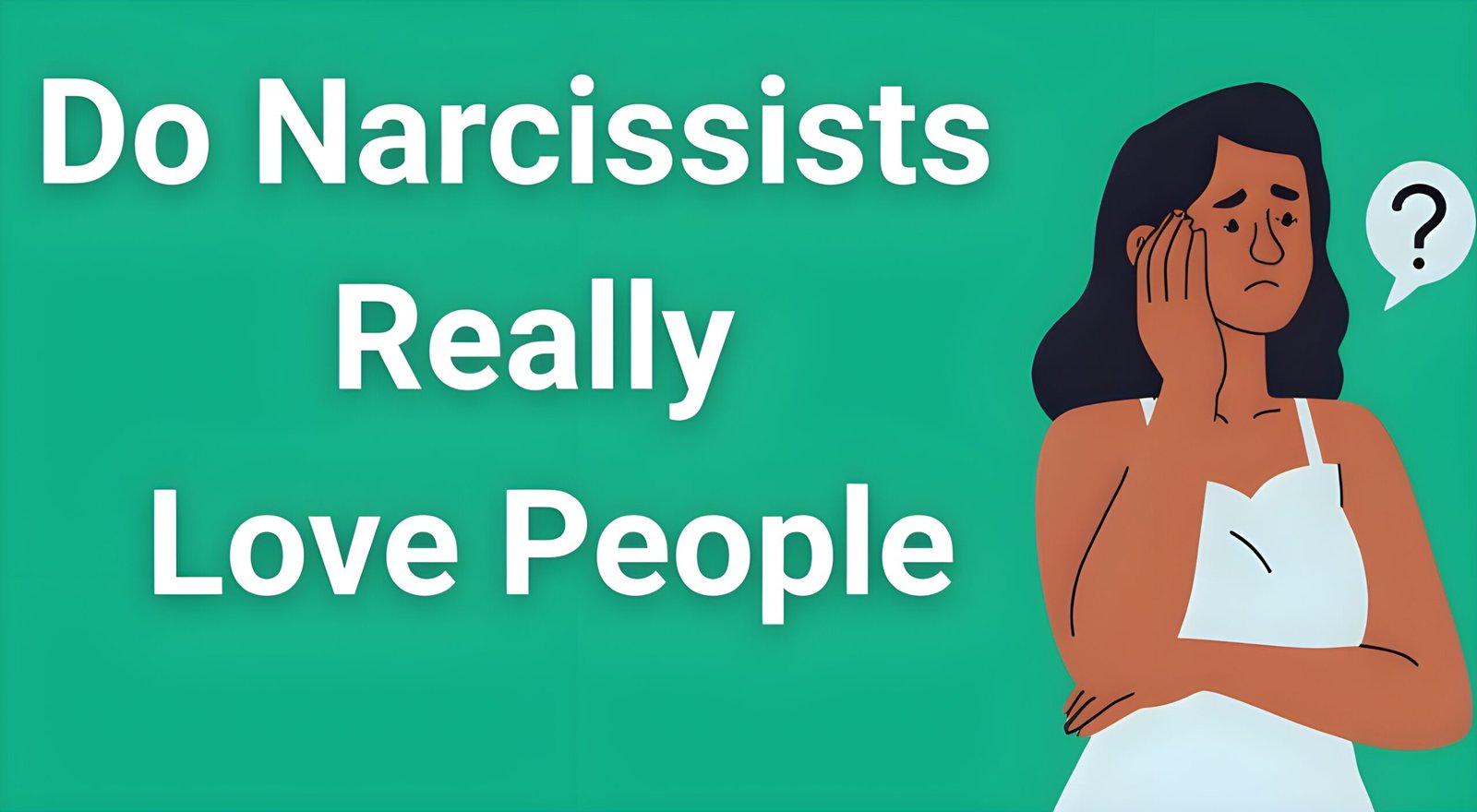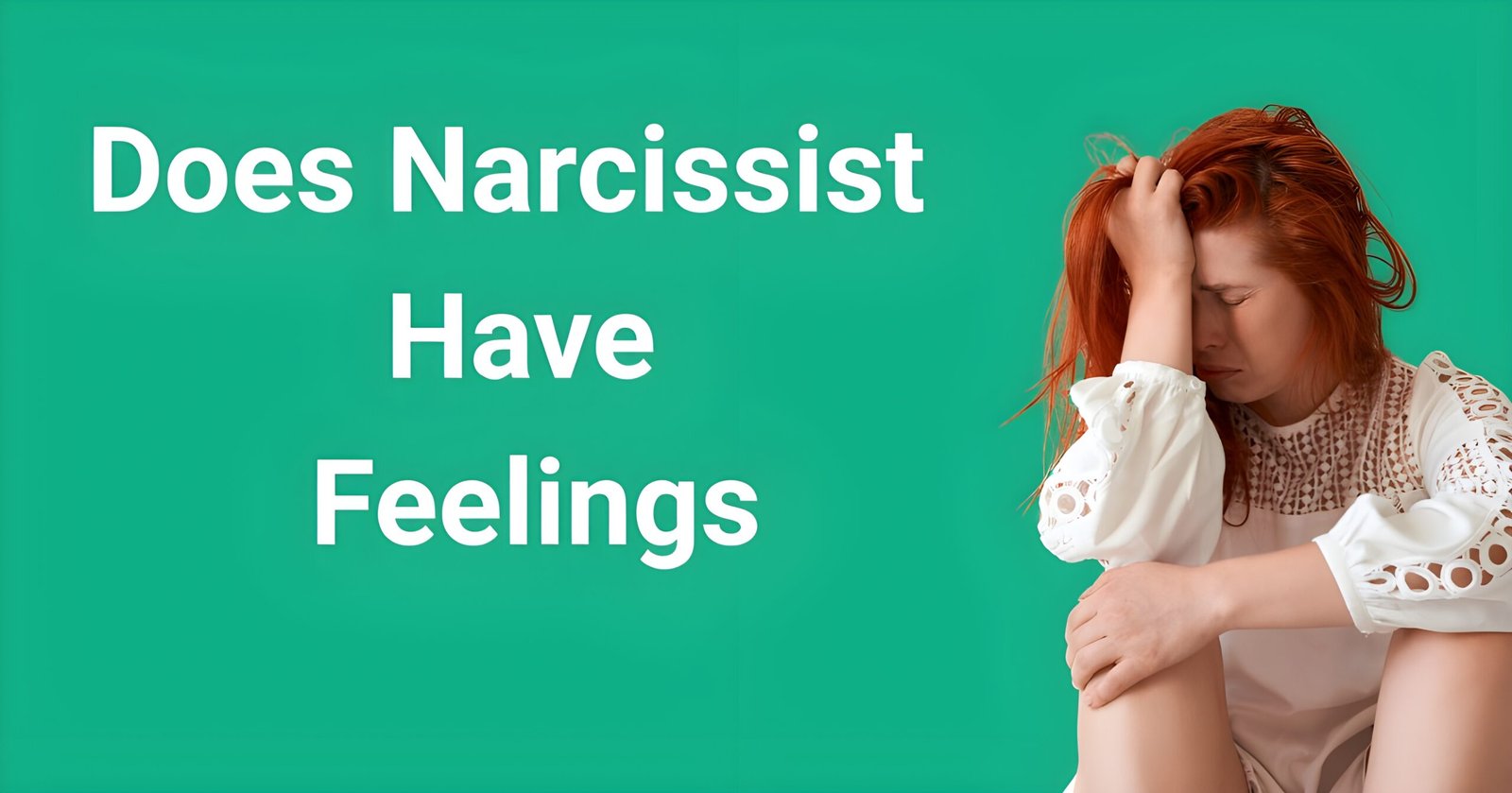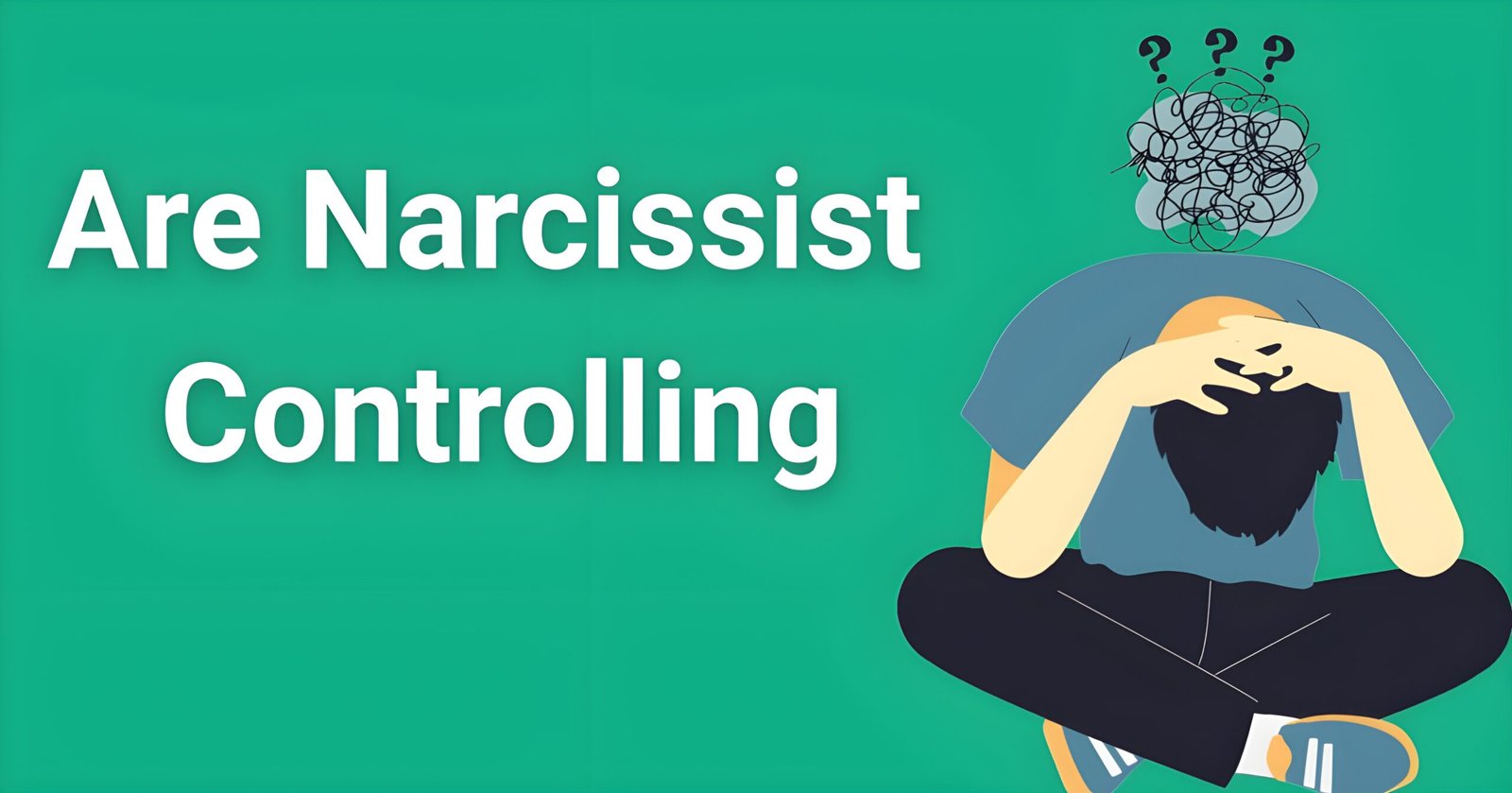If you’ve ever found yourself questioning whether a narcissist in your life truly loves you, you’re not alone. The question “do narcissists really love people” haunts millions of individuals trapped in confusing relationships where love feels conditional, manipulative, and ultimately hollow. The painful truth is that narcissists don’t experience love the way most people understand it – and recognizing this reality could be the key to your emotional freedom.
- The Uncomfortable Truth About Narcissistic Love
- Why Do Narcissists Really Love People? The Psychology Behind It
- Signs You’re Dealing with Narcissistic “Love”
- The Neuroscience: Can Narcissists Really Love People?
- How Narcissistic “Love” Affects You
- Breaking Free: Understanding Your Reality
- The Science of Real Love vs. Narcissistic Love
- Protecting Yourself Moving Forward
- Frequently Asked Questions
- Conclusion: Your Truth Matters
The Uncomfortable Truth About Narcissistic Love
When narcissists say “I love you,” they mean something fundamentally different than what healthy individuals express. Research in psychology and neuroscience reveals that people with Narcissistic Personality Disorder (NPD) lack the emotional empathy required for genuine, unconditional love. Instead, they experience what experts call “transactional affection” – feelings that depend entirely on what you provide them.
Do narcissists really love people as complete individuals? The scientific consensus is clear: no. They love projections, fantasies, and the way certain people make them feel about themselves. This isn’t mere cruelty; it’s a genuine inability rooted in their psychological wiring.
What Narcissistic “Love” Actually Looks Like
Understanding how narcissists experience relationships helps explain why their version of love feels so confusing and painful. When a narcissist claims to love someone, they’re typically referring to one of several things:
Love-bombing and Idealization: During the initial stages, narcissists can appear intensely loving and devoted. They shower their target with attention, gifts, and grand romantic gestures. However, this isn’t love for the real person – it’s infatuation with their own fantasy of who you could be for them.
Practical Utility: Many narcissists substitute practicality for genuine affection. They may “love” you because you provide stability, social status, financial security, or other tangible benefits. This explains why narcissistic love often feels conditional and performance-based.
Narcissistic Supply: The most common form of narcissistic “love” is really appreciation for how you make them feel about themselves. They love the admiration you give them, the way you boost their ego, or how you reflect positively on their image.
Why Do Narcissists Really Love People? The Psychology Behind It
To understand whether narcissists can truly love people, we need to examine what happens in their psychological development. Most narcissists experienced early trauma or neglect that stunted their emotional growth, leaving them unable to form secure attachments.
The Empathy Deficit
Emotional empathy – the ability to feel what another person feels – forms the foundation of genuine love. Brain imaging studies show that narcissists have reduced activity in areas associated with empathy and emotional processing. Without this capacity, their relationships become fundamentally self-serving.
This doesn’t mean narcissists are incapable of cognitive empathy (understanding intellectually what someone feels). They can be quite skilled at reading people and knowing what to say or do to manipulate emotions. However, they don’t actually feel your joy, pain, or emotional needs in their own hearts.
The Fantasy vs. Reality Problem
Narcissists live in a constructed reality where they are the central character, and everyone else exists to support their narrative. When they “fall in love,” they’re actually falling for their projection of who they need you to be, not who you actually are.
This creates an impossible situation: you can never truly be loved by a narcissist because they’re incapable of seeing the real you. The moment you step outside their fantasy or fail to meet their needs, their “love” rapidly transforms into criticism, withdrawal, or outright hostility.
Signs You’re Dealing with Narcissistic “Love”
Recognizing the difference between genuine love and narcissistic manipulation can be challenging, especially when you’re emotionally invested in the relationship. Here are the telltale signs that what you’re experiencing isn’t real love:
The Pattern of Idealization and Devaluation
Real love grows deeper over time as partners learn more about each other. Narcissistic love follows a predictable cycle: intense idealization followed by gradual (or sudden) devaluation once reality sets in.
During idealization, you might think, “Finally, someone who truly gets me and loves everything about me!” But this honeymoon phase inevitably ends when you reveal human flaws or needs that don’t serve the narcissist’s agenda.
Love That Comes with Conditions
Healthy love accepts imperfections and supports growth. Narcissistic love always comes with an underlying message: “I love you as long as you make me look good, feel good, and meet my needs.”
You might notice that their affection increases when you praise them, decrease when you have problems they find inconvenient, and disappear entirely when you set boundaries or challenge their behavior.
The Absence of Genuine Concern
When you’re upset, hurt, or struggling, does your narcissistic partner respond with genuine concern and support? Or do they minimize your feelings, make it about themselves, or become angry that your emotions are disrupting their peace?
Narcissists often view others’ emotional needs as inconveniences or manipulations rather than natural human experiences deserving of compassion.
The Neuroscience: Can Narcissists Really Love People?
Recent neuroscientific research provides fascinating insights into whether narcissists can genuinely love people. Brain scans reveal significant differences in how narcissists process emotions and relationships compared to neurotypical individuals.
Brain Structure Differences
Studies show that narcissists have reduced gray matter in areas of the brain associated with emotional empathy, particularly the anterior insula and anterior cingulate cortex. These regions are crucial for feeling others’ emotions and forming deep emotional bonds.
Additionally, narcissists show hyperactivity in brain areas associated with reward-seeking and self-referential thinking. This means they’re neurologically wired to prioritize their own needs and gratification over others’ wellbeing.
The Trauma Bond Connection
Understanding trauma bonding helps explain why people often feel intensely “loved” by narcissists despite the relationship’s toxicity. The cycle of intermittent reinforcement – periods of intense affection followed by withdrawal or abuse – creates powerful neurochemical bonds that can feel like deep love.
This is where professional guidance becomes crucial. If you’re struggling to understand whether what you experienced was real love or narcissistic manipulation, specialized assessment can provide the clarity you need to move forward.
How Narcissistic “Love” Affects You
Being on the receiving end of narcissistic “love” creates unique psychological wounds. Understanding these effects helps validate your experience and guides your healing journey.
Identity Confusion and Self-Doubt
When someone claims to love you while consistently invalidating your reality, you begin questioning your own perceptions. This is particularly damaging because it erodes your sense of self and your ability to trust your own experiences.
Many survivors describe feeling like they lost themselves in the relationship, constantly trying to become the person the narcissist wanted while receiving mixed messages about their worth.
The Addiction-Like Quality
Narcissistic relationships often create trauma bonds that feel like addiction. The unpredictable pattern of love and withdrawal triggers the same neurochemical responses as substance abuse, making it incredibly difficult to leave even when you know the relationship is harmful.
This isn’t weakness – it’s a normal biological response to intermittent reinforcement. Breaking free often requires specialized strategies that address both the psychological and neurological aspects of trauma bonding.
Hypervigilance and Anxiety
Living with narcissistic “love” means constantly monitoring your partner’s moods, walking on eggshells, and anticipating the next criticism or withdrawal of affection. This chronic stress creates lasting changes in your nervous system, leading to anxiety, hypervigilance, and difficulty trusting future relationships.
Breaking Free: Understanding Your Reality
If you’re questioning whether a narcissist truly loves you, you’re already taking the first step toward freedom. This awareness, though painful, opens the door to genuine healing and authentic relationships in the future.
Getting Professional Clarity
Sometimes, the confusion runs so deep that professional assessment becomes necessary. Working with specialists who understand narcissistic abuse can help you distinguish between real love and manipulation, providing the validation and roadmap you need for recovery.
Expert analysis can reveal patterns you might have missed, explain the psychological dynamics at play, and offer personalized strategies for protecting your mental health moving forward.
The Recovery Process
Healing from narcissistic “love” is a journey that requires patience, self-compassion, and often professional support. The process typically involves several stages:
Reality Testing: Learning to trust your own perceptions again and distinguishing between healthy and unhealthy relationship dynamics.
Trauma Bond Breaking: Addressing the neurological addiction to the narcissistic relationship cycle through specific therapeutic techniques.
Identity Reclamation: Rediscovering who you are outside of the narcissistic relationship and rebuilding your sense of self-worth.
Future-Proofing: Developing the skills and awareness to recognize and avoid similar relationship patterns in the future.
The Science of Real Love vs. Narcissistic Love
Understanding what genuine love looks like helps highlight the stark differences in narcissistic relationships. Real love involves several key components that narcissists simply cannot provide:
Unconditional Positive Regard
Healthy love accepts you as a complete person, including your flaws, struggles, and growth areas. It doesn’t require you to be perfect or constantly prove your worth.
Empathetic Response
When you’re hurting, a loving partner feels genuine concern and takes action to support you. They don’t minimize your pain or make your struggles about themselves.
Consistent Emotional Safety
Real love creates a safe space where you can be vulnerable, express needs, and set boundaries without fear of retaliation or withdrawal of affection.
Mutual Growth Support
Loving relationships encourage both partners to grow, pursue their goals, and become their best selves – not just the version that serves the other person’s needs.
Protecting Yourself Moving Forward
Whether you’re currently in a relationship with a narcissist or recovering from one, understanding these dynamics empowers you to make healthier choices and protect your emotional wellbeing.
Red Flags to Watch For
Early warning signs of narcissistic “love” include:
- Love-bombing that feels too intense too quickly
- Conditional affection based on your performance
- Lack of genuine empathy when you’re struggling
- Attempts to control or change core aspects of who you are
- Emotional manipulation when you set boundaries
Building Authentic Relationships
As you heal, you’ll develop a clearer sense of what healthy love feels like. This includes relationships where you feel valued for who you truly are, supported in your growth, and safe to express your authentic self without fear of rejection or retaliation.
Frequently Asked Questions
Can a narcissist ever truly love someone?
While narcissists may experience intense feelings they label as “love,” research shows they lack the emotional empathy necessary for the deep, unconditional love most people understand. Their version of love is typically transactional and self-serving.
Why do I still feel like my narcissistic ex loved me?
Trauma bonds create powerful neurochemical responses that can feel like deep love. The intermittent reinforcement pattern of narcissistic relationships triggers addiction-like responses in the brain, making the connection feel more intense than healthy relationships.
How can I tell if what I experienced was real love or narcissistic manipulation?
Real love feels consistent, supportive, and unconditional. Narcissistic love feels conditional, performance-based, and often comes with emotional manipulation. Professional assessment can help you distinguish between the two.
Do narcissists know they don’t really love people?
Most narcissists genuinely believe they’re capable of love and may not consciously recognize their limitations. Their lack of insight into their own emotional deficits is part of the disorder.
Can therapy help a narcissist learn to love?
While therapy can help narcissists develop better coping strategies and some emotional skills, the core empathy deficits that prevent genuine love are extremely difficult to address and rarely change significantly.
Conclusion: Your Truth Matters
The question “do narcissists really love people” has a clear answer backed by decades of psychological research: no, not in the way most people understand love. Recognizing this painful truth isn’t about giving up hope – it’s about freeing yourself from impossible expectations and creating space for genuine, healthy relationships.
Your experience in a narcissistic relationship was real, even if their version of love wasn’t. The pain, confusion, and trauma bonding you experienced are valid responses to psychological manipulation. Most importantly, you deserve to be truly seen, valued, and loved for exactly who you are.
Breaking free from narcissistic “love” opens the door to authentic connections built on mutual respect, genuine empathy, and unconditional positive regard. Your healing journey matters, your truth matters, and your future relationships can be everything that narcissistic love never was – real, supportive, and genuinely nurturing to your soul.






